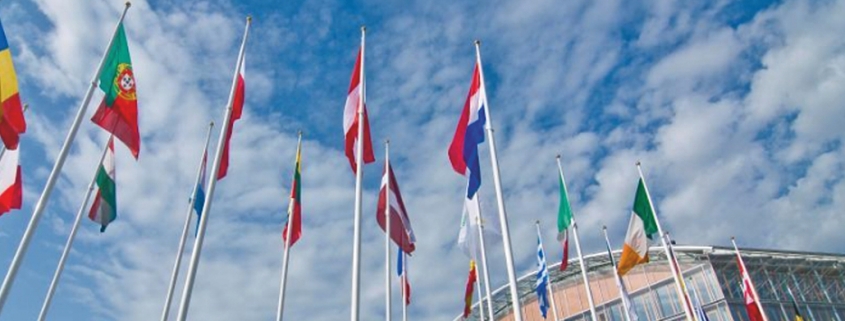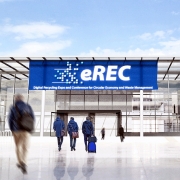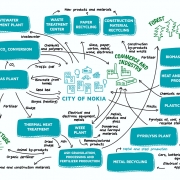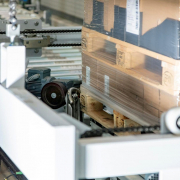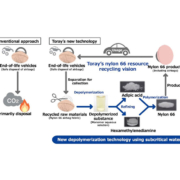Billions to Support the Circular Economy in the EU
The European Investment Bank (EIB) in tandem with Europe’s largest National Promotional Banks and Institutions have launched a 10 billion Euro initiative to accelerate the transition to a sustainable and circular economy.
The Joint Initiative on Circular Economy (JICE) is to support the development and implementation of circular economy projects and programs in the European Union (EU). “This flagship partnership will target at least 10 billion Euro of investments over the next five years (2019 – 2023),” EIB informed. “The aim is to prevent and eliminate waste, increase resource efficiency and foster innovation by promoting circularity in all sectors of the economy.” The five national promotional banks and institutions are: Bank Gospodarstwa Krajowego (BGK – Poland), Groupe Caisse des Dépôts (CDC – France) including Bpifrance, Cassa Depositi e Prestiti (CDP – Italy), Instituto de Crédito Oficial (ICO – Spain) as well as Kreditanstalt für Wiederaufbau (KfW – Germany).
According to EIB, the six partner institutions will combine their expertise, experience and financial capacity to better support the implementation of viable circular projects and program approaches. JICE “will provide loans, equity investment or guarantees to eligible projects and develop innovative financing structures for public and private infrastructure, municipalities, private enterprises of different size as well as for research and innovation projects”. It would base on the ongoing initiatives led by the European Commission to build knowledge through dedicated working groups and develop financing schemes. “The joint initiative will focus particularly on investments in the EU Member States that will help accelerate the transition to a circular economy”, the press release said. It will target all stages of the value chain and lifecycle of products and services:
■ Circular design and production: applying “reduce and recycle” strategies to design out waste at the source, prior to commercialization.
■ Circular use and life extension: enabling the reuse, repair, repurposing, refurbishing or remanufacturing of products in use phase
■ Circular value recovery: recovering materials and other resources from waste, recovering waste heat and/or reusing treated wastewater
■ Circular support: facilitating circular strategies in all lifecycle phases, for example with the deployment of key ICT technologies, digitalization and services supporting circular business models and circular value chains.
(GR 32019, Page 8, Photo: EIB)

